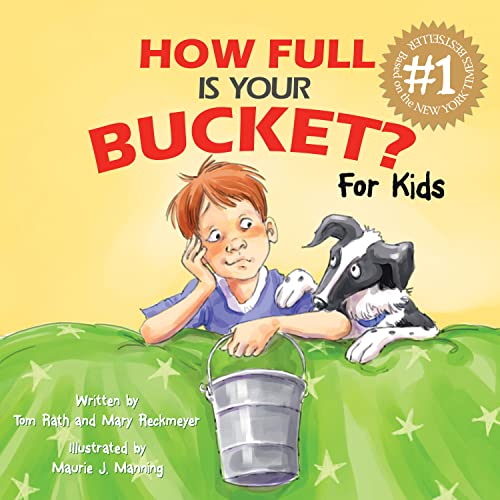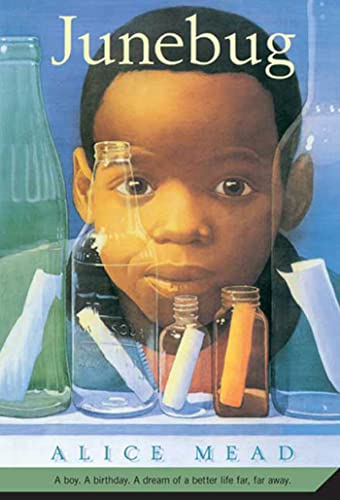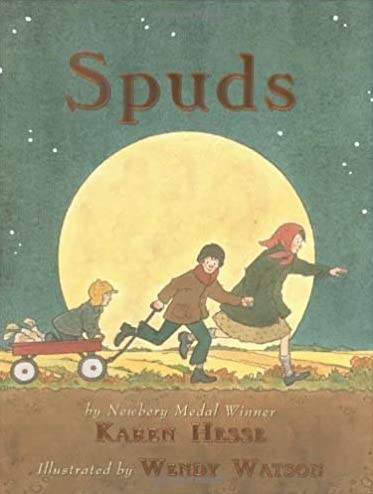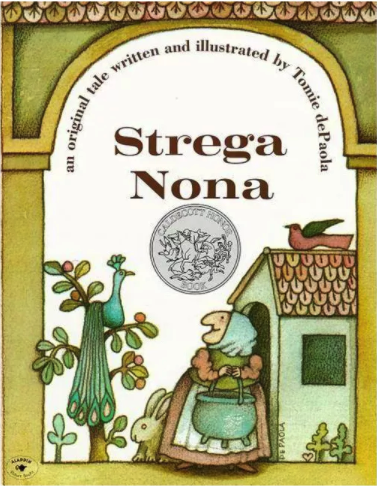Expand Vocabulary
Ask someone to define the word for you
When readers have a question about the meaning of a word, they ask someone to tell them what it means.
When readers have a question about the meaning of a word, they ask someone to tell them what it means.
If you see readers who . . .
An easy way for students to get information about a word is to ask someone its meaning. This is often sufficient to give readers a general sense of the word so they can get right back into the text without disrupting the text's meaning.
Once someone defines a word for you, you need to go back into the text to make sure the definition is correct.
Many readers come to us knowing this strategy. We remind readers that this is an important strategy and one that is especially helpful if they don't have access to resource tools and their other word-solving techniques were unsuccessful.
When we come to a word we don't know, we first try other vocabulary strategies to figure out the word's meaning:
If we still don't know the word and someone is close by, we say,
We teach those being asked for a word's meaning to say,
Always thank the person you asked, even if they don't know what the word means.
Suggested language:
Possible ways to differentiate instruction:
Reconsider materials, setting, instruction, and cognitive processes.
These strategies may provide support before, during, and after teaching this strategy:
Want to hear about this strategy from a student's perspective? Let Kid Teacher, Miss Hadley, tell you—in her own words—how this strategy helps her grow as a reader. We think it will help your students too!
Each book below has a coordinating lesson with an explicit example to teach this strategy. Select a book cover below, then download the lesson to see for yourself. At The Daily CAFE these were called Lit Lessons.







